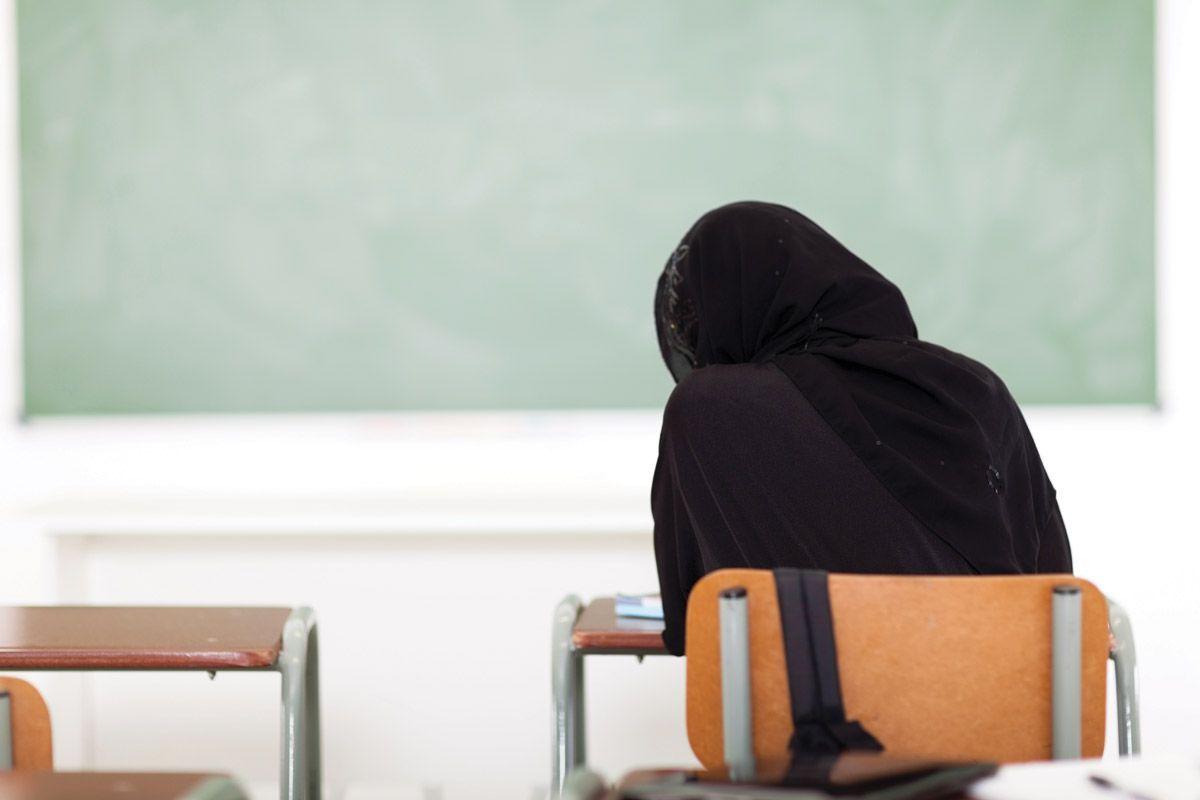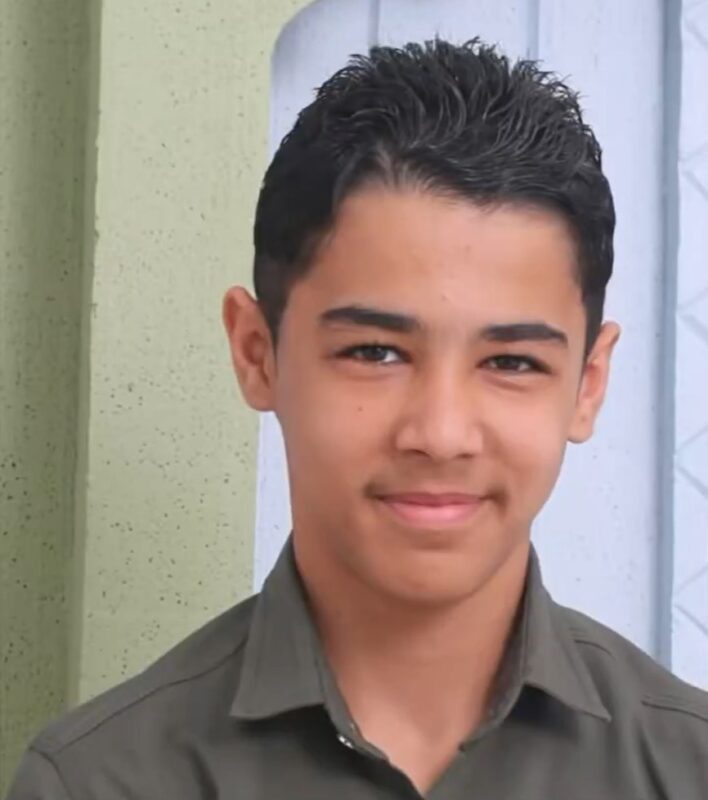Since the Arab Spring, Oman has intensified its crackdown on free speech, assembly, and press freedom. Activists, political dissidents, journalists have faced harsh penalties, while citizenship has been stripped from exiled critics. Oman’s reliance on vague legal provisions, such as Articles 125 and 19 of the Penal Code, has enabled a climate of fear and[…]
Context and Background The evolution of women’s access to education in the Gulf Cooperation Council (GCC) countries – Bahrain, Kuwait, Oman, Qatar, Saudi Arabia, and the United Arab Emirates – presents gradual but progressive advancements, reflecting broader societal transformations in the region. In the early 20th century, education for women was traditionally limited, as cultural[…]
Yousif Fadhel AlTooq was a 15-year-old minor and school student when Bahraini authorities arrested him without a warrant on 8 August 2024 after summoning him to the Sitra Police Station. During his detention, he has endured torture, denial of family visits, denial of access to legal counsel, deprivation of his right to education, withholding of[…]
Key Findings Saudi Arabia has made notable progress in establishing a legal framework for the rights of persons with disabilities, driven by a combination of domestic legislation and international commitments. Key milestones include the 1987 Legislation of Disability, the 2000 Disability Code, and the 2023 Saudi Law on the Rights of Persons with Disabilities (SLRPD).[…]
Ali Husain Matrook Abdulla was a 15-year-old minor and school student when Bahraini authorities arrested him on 26 August 2024 in Karranah while spending time with friends. The arrest was carried out without a warrant. During his detention, he endured torture, denial of family visits, denial of access to his lawyer, deprivation of his right[…]









